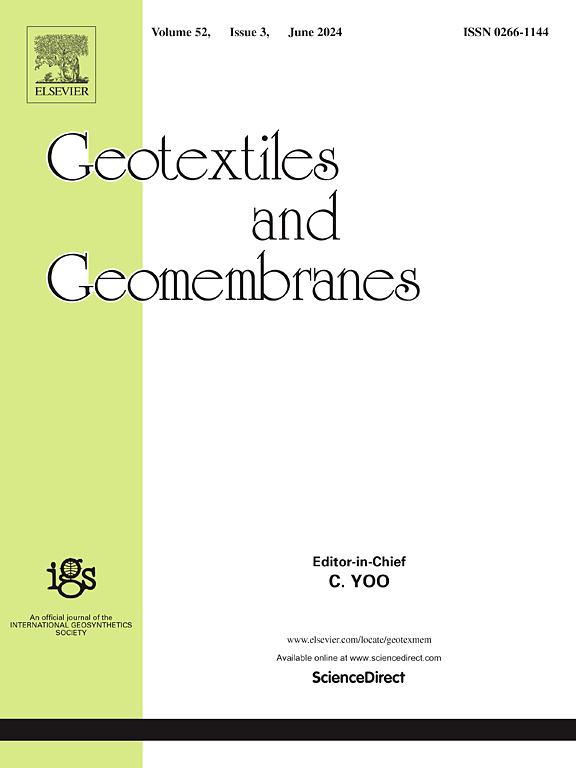Optimum tack coat rate for different asphalt geosynthetic interlayers to achieve optimum shear bond strength
Abstract
Designing geosynthetics for asphalt overlay is challenging due to the diversity of paving composites and paving geogrids available on the market. Challenges remains on the ideal product and tack coat to avoid debonding failure and to increase bonding quality. This research evaluates interface shear strength properties of geosynthetic-asphalt concrete specimens using seven geosynthetic interlayers tested under different tack coat rates based on asphalt retention of geosynthetics. Leutner shear tests were conducted on laboratory-prepared asphalt concrete specimens under different interface combinations. Index asphalt retention of paving geosynthetics depended on various parameters including geosynthetics type, geotextile backing, thickness and coating. The study suggests 100% of asphalt retention of the composite as design tack rate for paving geocomposites and paving geogrid composites with permanent porous fabric backing, while 220% asphalt retention as tack coat rate is suggested for geogrids. The optimum tack coat for reinforcement composites with light fabric backing falls between the optimum tack coat rates for composites and grids. The study also showed that the interface shear bond is a complex property and is not necessarily related to the fabric backing being permanent or temporary, the mass of the fabric backing, and the geosynthetics coating type and bitumen content individually.

 求助内容:
求助内容: 应助结果提醒方式:
应助结果提醒方式:


